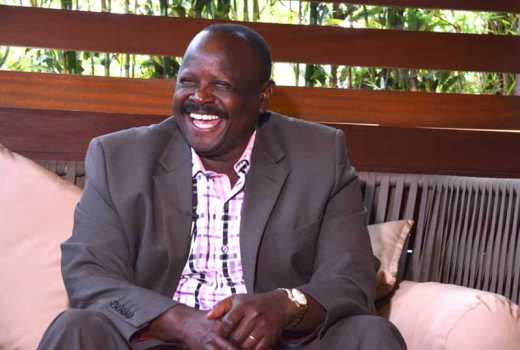×
The Standard e-Paper
Home To Bold Columnists

He is still as courageous and confident as a man in plogom (gumboots) walking on a muddy footpath.
At 11am on a sunny day when the Sunday Standard caught up with him at the lush compound of his Tumoi village home, former Bomet governor Isaac Ruto exudes exuberance that almost seems indestructible even after his grand political loss seven months ago.